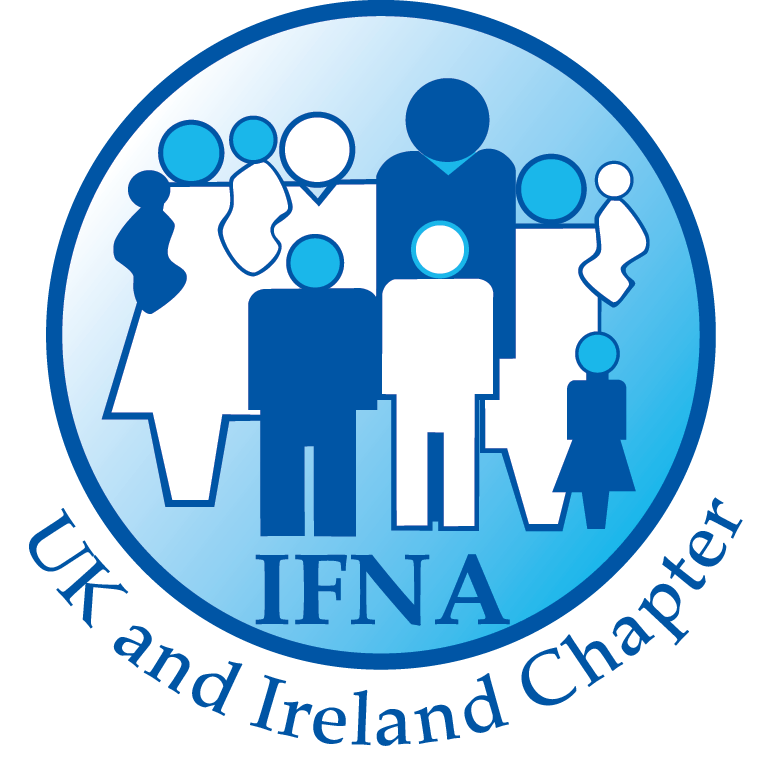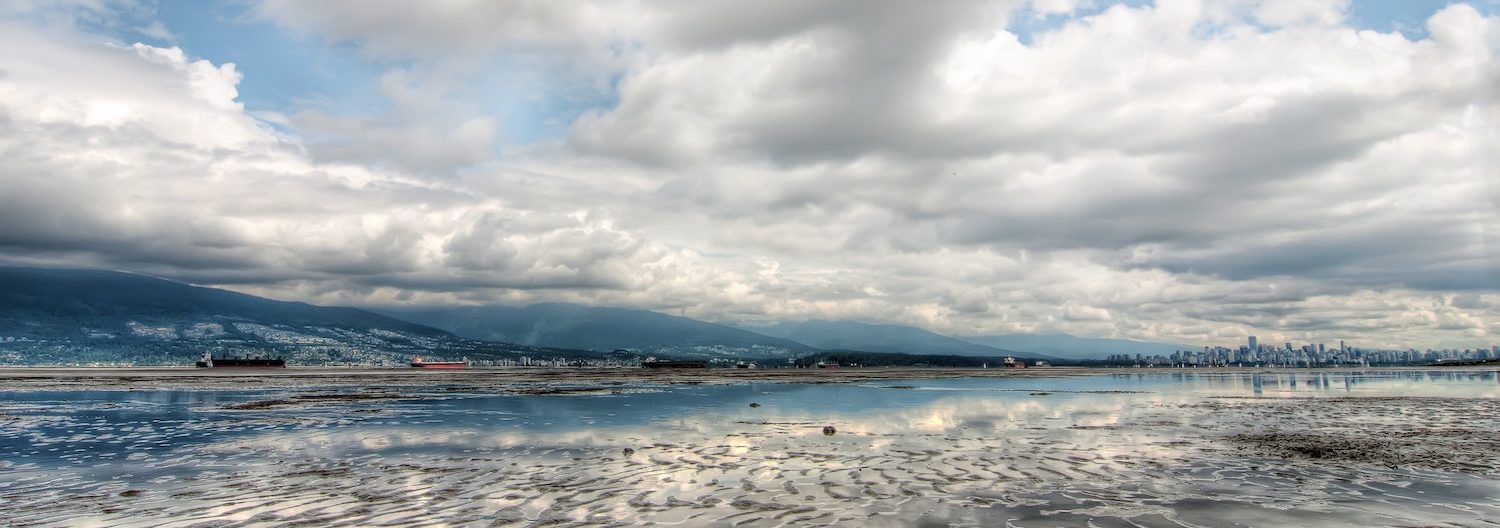Minimizing organizational impact on the planet through sustainable practices
As an international nursing association with over 450 members from 38 countries, IFNA has already shown a powerful commitment to the promotion of planetary health through launching the IFNA Position Statement on Planetary Health and Family Health and hosting this blog series to promote action by us all. Wendy Looman and Paula Nersesian are spearheading this vital initiative for IFNA, and I thank them for inviting me to author this blog.
In November 2021, a very important global planetary health event took place, the 26th United Nations Climate Change Conference (UNFCCC) of Parties (COP26). It was hosted by the UK in partnership with Italy and held in the city of Glasgow in Scotland. Around 30,000 participants from over 200 countries represented businesses, non-governmental organizations, faith groups, families, and health professionals (including nurses). Participants came together to accelerate action towards the goals of the Paris Agreement and the UN Framework Convention on Climate Change. We saw many examples of family members and nurses advocating for a sustainable and resilient future for our precious planet.
COP26 was a carbon neutral conference that had sustainability at its core and left a positive legacy through meeting the UNFCCC sustainability requirements. The hybrid model of conference delivery enabled participants to join in person or virtually. Virtual participants joined Green Zone events by subscribing to the COP26 YouTube channel: https://ukcop26.org/attending-the-green-zone-virtually/. Commentators claimed that COP26 was the world’s last chance to get runaway climate change under control. I am proud to say that nurses had a strong voice at the conference. For example, the webinar at COP26 titled “Nursing leadership at the intersection of climate & health: Influencing policy & systems change” (2021) linked here, showcases international nursing leadership—including Katie Huffling of the Alliance of Nurses for Healthy Environments who is a co-author of the IFNA Position Statement on Planetary Health and Family Health—and an interdisciplinary panel that exemplified cross-sector collaboration on climate change and health.
As advocates for families and family nursing, it is beholden on us all to support and champion efforts to minimise IFNA’s negative impact on the planet through sustainable practices. We already started this journey in 2021 through making the transition from an in-person to a virtual conference for the International Family Nursing Conference (IFNC) #15 (IFNC15); this was of course through necessity because of the global COVID-19 pandemic. However, it gave the IFNA Conference Planning Committee and the Board of Directors the opportunity to re-consider the way we deliver future IFNA conferences. And in a recent survey of IFNA members, the majority indicated a preference for our next conference, IFNC16, to be in a hybrid mode. Going forward we can therefore build on: 1) the experience gained through planning and hosting a virtual conference—IFNC15, 2) the felt need of our members to host a hybrid conference in 2022, and 3) the IFNA Position Statement on Planetary Health and Family Health to promote individual and organizational sustainable practices in day-to-day work, meetings, and conferences. These practices align with the recommendations of the Center for Responsible Travel and the Global Sustainable Tourism Council (CREST, 2021; GSTC, 2021). For example, some strategies that IFNA is already starting to discuss and may potentially commit to for IFNC16, and subsequent conferences include—
- Holding conferences in destinations where responsible tourism is a priority. The Responsible Tourism Partnership (2021) promotes maximizing benefits to local communities, minimizing negative social or environmental impacts, and helping local people conserve fragile cultures and habitats or species.
- Selecting IFNC host destinations with the Global Sustainable Tourism Council criteria in mind.
- Travelling responsibly when attending IFNA conferences and other meetings. In other words, following green travel recommendations (Sachs, 2017).
- Hosting sustainable conferences by employing practices such as going paperless and minimizing waste (Mullet, n.d.).
- Considering ways to maximize hybrid IFNC conferences so that not all attendees need to travel long distances.
As proud IFNA members, in our endeavors to protect the planet for families, nurses, and future generations, we are in very good company. For example, the President of the Royal Society—the independent scientific academy of the UK—in collaboration with other world leaders at COP26, highlighted the range of solutions and ideas that scientists are creating and researching. I am inspired (and hope you will be too) by the campaign launched by the Royal Society (2021) called the #2050challenge. Here, people share stories of their work, research, and actions to help countries of the world tackle climate change, biodiversity loss, and achieve ‘net zero’ greenhouse gas emissions by the year 2050.
As an organization, IFNA can make a difference in this major global effort if we commit to minimising the impact of our organization on planetary change by adopting sustainable practices. Coupling IFNA’s efforts with individual efforts will help us rise to the challenge and follow the call for action posted in an earlier blog in this series by Wendy Looman (2021), Planetary Health Matters for Families: A Call to Action for Family Nursing. Together, we can make IFNA an association that proudly uses the strength of its international diversity and reach to benefit families, family nurses, and all of earth’s inhabitants.
Next month, is the final blog in our series we will focus on collaborating with other organizations to remain actively engaged in advocacy and policy efforts related to planetary health. This blog series is being hosted by the International Family Nursing Association (internationalfamilynursing.org) to support implementation of the IFNA Position Statement on Planetary Health and Family Health.
How to cite the position statement (APA 7th edition format)
International Family Nursing Association (IFNA). (2020). IFNA Position Statement on Planetary Health and Family Health. https://internationalfamilynursing.org/2020/04/18/ifna-position-statement-on-planetary-health-and-family-health/
Veronica Swallow, RGN, RSCN, PhD, MMedSci, is the President of the International Family Nursing Association and Co-Chair of the UK and Ireland IFNA Chapter. She is also a Professor in Child and Family Nursing and Healthcare in the Department of Nursing and Midwifery at Sheffield Hallam University in the United Kingdom. Follow her on Twitter @SwallowVeronica
References
Center for Responsible Travel (CREST). (2021). Conferences. https://www.responsibletravel.org/how-we-do-it/conferences/
Global Sustainable Tourism Council. (2021). https://www.gstcouncil.org
Global Sustainable Tourism Council. (2021). GSTC Criteria Overview. https://www.gstcouncil.org/gstc-criteria/
Looman, W. (2021). Planetary Health Matters for Families: A Call to Action for Family Nursing. https://internationalfamilynursing.org/2020/04/21/planetary-health-matters-for-families-a-call-to-action-for-family-nursing/
Mullet K. (n.d.). 5 Ways to start hosting sustainable events today. Gather. https://www.gatherhere.com/blog/5-ways-to-start-hosting-sustainable-events-today/
Nursing leadership at the intersection of climate & health: Influencing Policy & Systems Change. (2021). COP26. https://www.youtube.com/watch?v=ioXXQpPnr20
Responsible Tourism Partnership. (2021). What is responsible tourism? https://responsibletourismpartnership.org/what-is-responsible-tourism/
Sachs, A., (2017, May 18). What is ‘green travel,’ anyway? A beginner’s guide to eco-friendly vacation planning. The Washington Post. https://www.washingtonpost.com/news/style/wp/2017/05/18/how-to-plan-an-eco-friendly-vacation-from-start-to-finish/
The Royal Society. (2021). #2050challenge – Reaching net Zero emissions by 2050. https://royalsociety.org/whats-new/2050-challenge/Image Credits
Alexandra Koch. (2021) Pixabay. https://pixabay.com/illustrations/video-conference-video-call-online-6365765/

